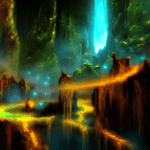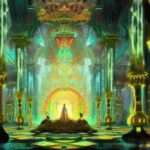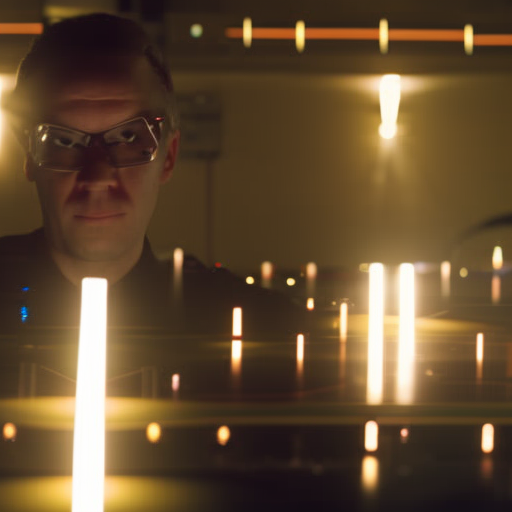Nuclear energy: Nuclear energy is the energy released from the nucleus of an atom through nuclear reactions. It is a powerful and efficient source of energy that has the potential to meet the world’s growing energy needs while reducing greenhouse gas emissions. However, it also poses significant challenges in terms of safety, waste management, and the proliferation of nuclear weapons.
How does nuclear energy work?
Nuclear energy is generated through a process called nuclear fission, where the nucleus of an atom is split into two smaller nuclei. This process releases a large amount of energy in the form of heat, which is then used to produce steam. The steam drives a turbine, which in turn generates electricity.
Advantages of nuclear energy
- High energy density: Nuclear energy has a much higher energy density compared to fossil fuels, meaning it can produce a significant amount of energy from a small amount of fuel.
- Low greenhouse gas emissions: Nuclear power plants do not emit carbon dioxide or other greenhouse gases during operation, making them a cleaner alternative to fossil fuel-based power plants.
- Reliable and consistent: Nuclear power plants can operate continuously for long periods without interruption, providing a reliable source of electricity.
- Large-scale power generation: Nuclear power plants can generate a large amount of electricity, making them suitable for meeting the energy demands of densely populated areas.
Challenges and concerns
- Nuclear waste: One of the major challenges of nuclear energy is the disposal of radioactive waste. Nuclear waste remains hazardous for thousands of years and requires careful management to prevent environmental contamination.
- Safety: Nuclear accidents, such as the Chernobyl and Fukushima disasters, have highlighted the potential risks associated with nuclear power. Ensuring the safety of nuclear power plants and preventing accidents is of utmost importance.
- Proliferation of nuclear weapons: The use of nuclear technology for peaceful purposes also raises concerns about the potential misuse of nuclear materials and technology for the development of nuclear weapons. Strict international safeguards and regulations are necessary to prevent nuclear proliferation.
- High initial costs: Building a nuclear power plant requires significant upfront investment, making it a costly option compared to other forms of energy generation.
The future of nuclear energy
Despite the challenges, nuclear energy continues to be an important part of the global energy mix. Efforts are being made to improve the safety and efficiency of nuclear power plants, as well as to develop advanced reactor designs that can address some of the concerns associated with nuclear energy.
Advanced reactor designs
Several advanced reactor designs are being explored, including small modular reactors (SMRs) and Generation IV reactors. SMRs are smaller and more flexible than traditional reactors, allowing for easier deployment and potentially reducing costs. Generation IV reactors aim to improve safety, reduce waste, and increase fuel efficiency.
Nuclear fusion
Another area of research is nuclear fusion, which involves combining light atomic nuclei to release energy. Fusion has the potential to provide a virtually limitless and clean source of energy, but it is still in the experimental stage and faces significant technical challenges.
Conclusion
Nuclear energy offers a powerful and efficient solution to meet the world’s energy needs while reducing greenhouse gas emissions. However, it also presents challenges in terms of safety, waste management, and nuclear proliferation. Continued research and development are necessary to address these challenges and ensure the safe and sustainable use of nuclear energy in the future.












